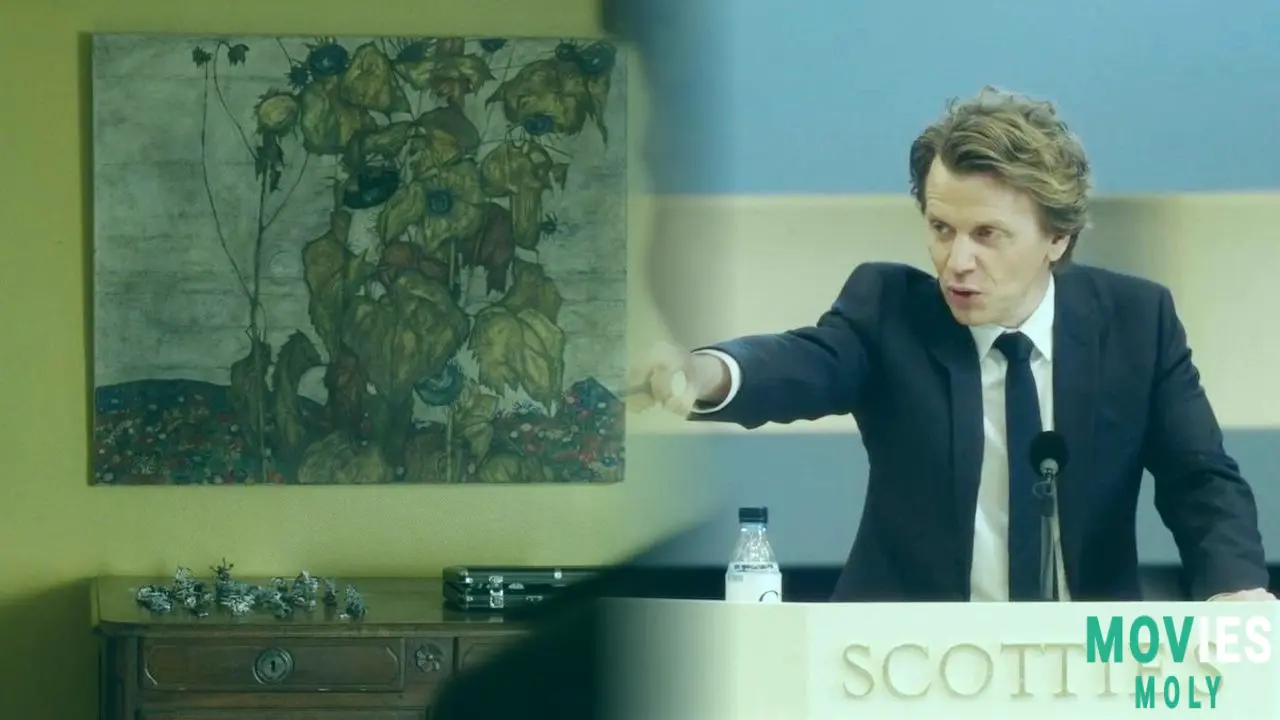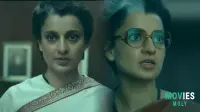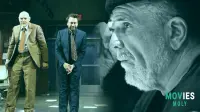Get ready for a thrilling journey into the murky world of art, money, and historical justice with Pascal Bonitzer's new film, "Auction," based on an incredible true story.
TL;DR: Quick Bites on "Auction"- "Auction" (original French title: "Le tableau volé") is a French dramedy inspired by the real-life discovery of Egon Schiele's Nazi-looted painting, "Wilted Sunflowers."
- The film highlights the tension between the love of art and the cutthroat business of the art market, featuring a young factory worker who finds the lost masterpiece and the cynical auctioneers vying for its sale.
- Catch "Auction" starting October 29, 2025, in select theaters, including Film Forum in New York, and prepare for a thought-provoking look at art restitution and human ethics.
Unpacking the Drama Behind a Historic Art Find
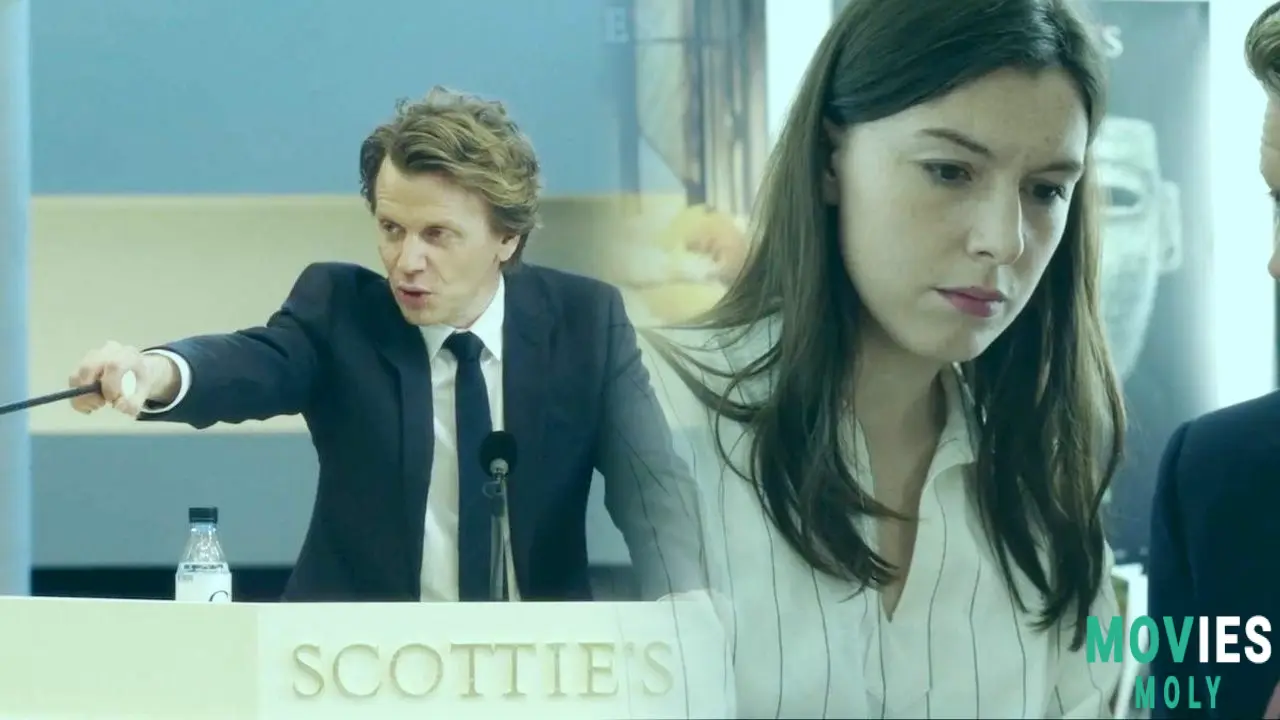
Imagine finding a priceless piece of art tucked away in your new home, a relic with a dark history tied to World War II. That's the electrifying premise of "Auction," a new French film from director Pascal Bonitzer that's hitting theaters soon. But here's the kicker: it’s not just a made-up story for the big screen. This movie is actually based on the incredible true events surrounding the rediscovery and eventual auction of Egon Schiele's 1914 masterpiece, "Wilted Sunflowers (Autumn Sun II)."
The film, originally titled "Le tableau volé" (The stolen painting) in French, dives deep into the high-stakes world of prestigious art dealers, the moral quandaries of restitution, and the surprising ways a long-lost painting can shake up lives. It's a blend of dramedy and moral commentary, designed to make you think about where art truly belongs and who profits from its storied past.
The Real Story of Egon Schiele's "Wilted Sunflowers" Coming to the Big Screen
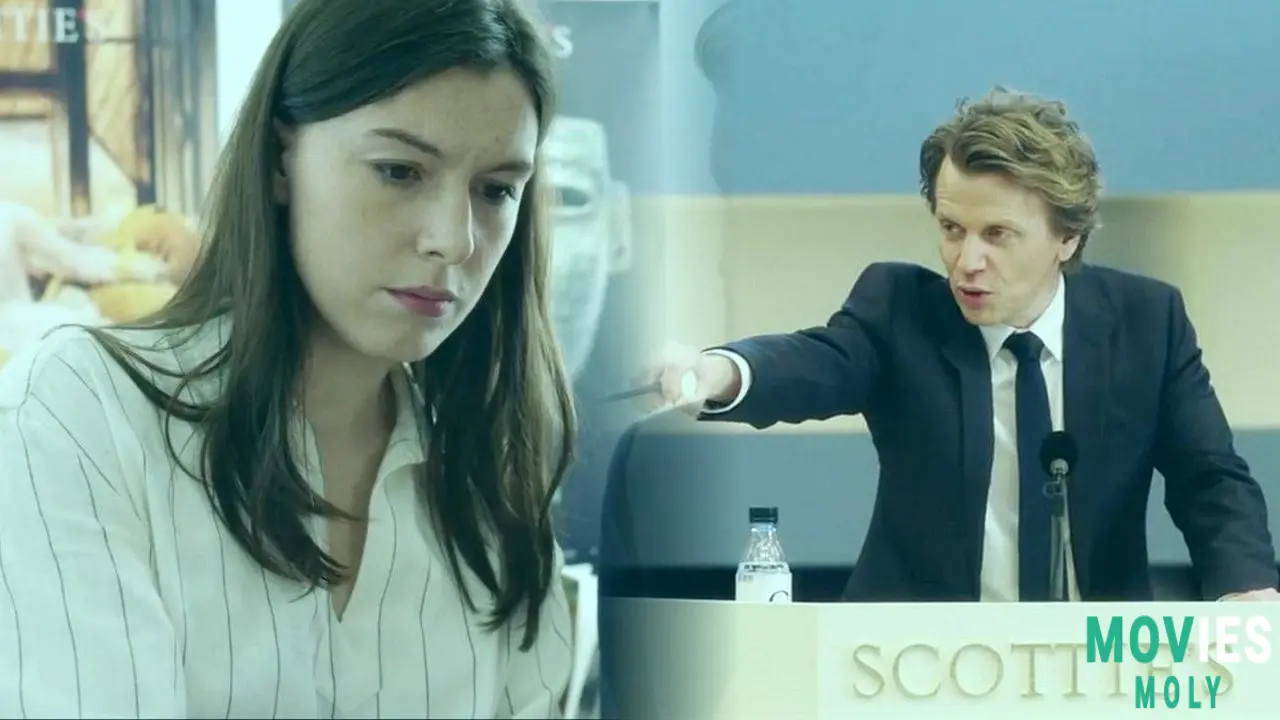
Let's talk about the painting itself. Egon Schiele's "Wilted Sunflowers (Autumn Sun II)" from 1914 isn't your typical vibrant floral. Instead of Vincent van Gogh's bright, booming sunflowers, Schiele's depiction is somber, dark, and filled with a sense of impending dread, reflecting the anxieties of the First World War. Thomas Seydoux, a former director at Christie's France, described it perfectly as a "large, dark oil painting, uncut flowers, but sickly sensual, blue, violet, ochre, brown like spiders. Almost a self-portrait."
The true story that forms the backbone of "Auction" is fascinating. In 2005, this very painting, thought to be lost for nearly 70 years, resurfaced in an apartment near Mulhouse, France, close to the German border. An unassuming chemical factory worker, Martin Keller (played by Arcadi Radeff in the film), found it among the belongings in the house he'd just bought. He had no clue about its immense monetary value or its tragic backstory.
The painting's real original owner was Karl Grünwald (1899-1964), a Jewish Austrian art and antique dealer who was friends with Schiele, Gustav Klimt, and Oskar Kokoschka. Grünwald's collection, including "Wilted Sunflowers," was confiscated by the Nazis after he fled Vienna in 1938. While he eventually made it to the U.S., his wife and daughter were tragically killed in a concentration camp. His surviving children continued the tireless pursuit of his stolen art for decades.
When Art Meets Commerce: The Film's Characters and Their Moral Compass
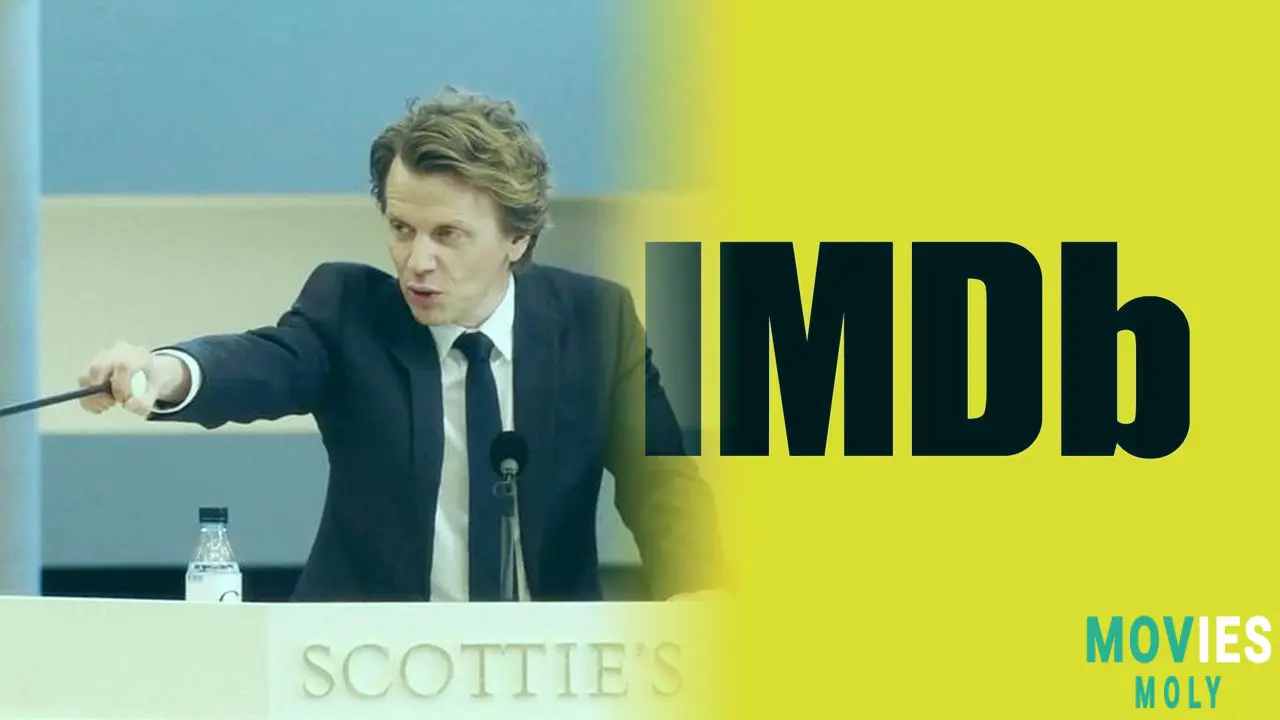
Pascal Bonitzer's film fictionalizes some elements, but keeps the core ethical dilemma intact. In "Auction," the painting’s original Jewish owner is named Stefan Wahlberg, whose American heirs are contacted after the discovery. The movie introduces us to Andrè Masson (Alex Lutz), a slick, self-serving, yet ultimately thoughtful auctioneer from the fictional Scottie's auction house in Paris. His character is actually inspired by the real Thomas Seydoux, who helped identify the actual "Wilted Sunflowers" in Mulhouse.
Andrè is a fascinating character study. He tells his new assistant, Aurore (Louise Chevillotte), that the job is 99% soliciting, "like a whore," but that finding a true rarity is like being "Indiana Jones." This perfectly encapsulates the film's central theme: the raw, often unglamorous business side of art contrasted with the profound beauty and historical significance of the artworks themselves.
When the painting arrives at Scottie's, a Schiele expert named Samson Körner (Peter Bonke), based on the real Rudolf Leopold (whose Vienna museum holds the world's largest Schiele collection), is brought in. He dismisses the work as "very inferior," which, in a classic art market move, turns out to be part of a scheme to buy the painting on the cheap before it goes to a public auction. As Andrè notes, "Classic. Denigrate the product to buy it on the cheap."
"An auctioneer is like a plastic surgeon. You have to trust them. So I trust you."
— An elderly blind woman, entrusting her art to Andrè Masson in "Auction"The Cinematic Auction Versus the Real-Life Sale
In "Auction," the drama culminates in a thrilling Parisian auction scene where bidding for "Wilted Sunflowers" starts at €8 million and hammers for an astounding €25 million. It’s a nail-biting moment that perfectly illustrates the film's exploration of greed and value in the art world.
The real-life outcome was also impressive, though a bit less dramatic for cinematic flair. Christie's auctioned "Wilted Sunflowers" in London in 2006 for £11.8 million (which was about $22 million at the time). It was purchased by the New York gallery Eykyn Maclean and was even on display at Manhattan's Neue Galerie in 2024 for the "Egon Schiele: Living Landscapes" exhibition. So, while the film takes some creative liberties, the significant value and emotional impact of the painting's return were very real.
One of the film's critiques is that it sometimes layers "melodramatic meat" onto the factual skeleton, introducing subplots like divorced art experts, romantic entanglements, and an intern's family drama. While these add a certain "genteel middlebrow French cinema" flavor, some critics felt they distracted from the powerful core story of Nazi-looted Art and its restitution. However, these side stories also serve to highlight the self-importance and often absurd dynamics of the art world, where personal agendas can intertwine with historical justice.
A Broader Look at Looted Art and Its Legacy
"Auction" joins a significant sub-genre of films dedicated to the incredibly important topic of Nazi-looted art. These stories aren't just about paintings; they're about reclaiming history, heritage, and identity. Other notable films that have tackled this subject include:
- The Woman in Gold (2015): Starring Helen Mirren, this film recounted Maria Altmann's tenacious fight to reclaim Gustav Klimt's "Portrait of Adele Bloch-Bauer I" and other works stolen by the Nazis.
- The Monuments Men (2014): George Clooney directed and starred in this ensemble film about a real-life unit of historians and archivists who worked to locate and save masterpieces during WWII.
- Portrait of Wally (2012): Another Schiele-focused documentary, this one detailing the legal battle over "Portrait of Wally," owned by Jewish art dealer Lea Bondi before its Nazi seizure.
- The Rape of Europa (2006): A comprehensive documentary that places the crime of Nazi art theft in a wider historical and ethical context.
- The Train (1965): A suspenseful thriller starring Burt Lancaster, focusing on a French resistance fighter's mission to intercept a Nazi train carrying stolen art.
These films, including "Auction," raise crucial questions: Who should own great art? Should current owners be compensated if they unknowingly acquired stolen works? And ultimately, what is the true value of a masterpiece, beyond its price tag?
The story of "Wilted Sunflowers" and films like "Auction" remind us that while the art world can be consumed by money and power, there's a profound human element, a push for justice, and a lingering scar left by the atrocities of war. Martin, the factory worker, in the film, ultimately gets a share of the proceeds but returns to his factory job, seemingly unaffected by the windfall. This serves as a poignant reminder that while money changes hands, the true value lies in the art's journey and the history it carries.
Ready to Bid on This Cinematic Experience?"Auction" promises to be a thoughtful and engaging film, even with its fictionalized elements. It offers a unique glimpse into the complex mechanics of the art market and the enduring struggle for historical justice. If you're a fan of art history, compelling true stories, or just a good ethical drama, this is one to mark on your calendar.
So, get ready to witness the captivating story of a long-lost painting and the people who fought to bring its true value to light. It’s a powerful reminder that every piece of art has a story, and some stories are too important to remain hidden.
Frequently Asked Questions About "Auction"- When does "Auction" release in the US?
"Auction" opens in New York at Film Forum on October 29, 2025.
- What is "Auction" about?
The film tells the fictionalized true story of the discovery of Egon Schiele's Nazi-looted painting "Wilted Sunflowers (Autumn Sun II)" in a French home and the subsequent drama surrounding its restitution and auction.
- Who are the main actors in "Auction"?
The film stars Alex Lutz as Andrè Masson, Arcadi Radeff as Martin Keller, Léa Drucker as Bertina, and features Nora Hamzawi, Louise Chevillotte, and Laurence Côte.
- How long is the movie "Auction"?
The runtime for "Auction" is 1 hour and 31 minutes.
- The Art Newspaper - French film brings the drama behind a Nazi-looted Schiele painting to life
- Forward - As long as there are movies about Nazis, there will be movies about the art they looted
- Hyperallergic - ‘Auction’ Review: A Newly Discovered Egon Schiele Masterpiece Stirs Up the Paris Art World in a Spry Moral Comedy
- The Hollywood Reporter - ‘Auction’ Review: Léa Drucker in a Crafty French Tale of Art, Money and Social Class
- IndieWire - ‘Auction’ Review: A Newly Discovered Egon Schiele Masterpiece Stirs Up the Paris Art World in a Spry Moral Comedy

